Ask a First Generation Student: Diversity and Study Abroad
Government agencies and study abroad organizations have struggled with how to diversify the socioeconomic, racial, and ethnic makeup of college students who study abroad. According to the Institute of International Education, 304,000 students from U.S. higher education institutions studied abroad in 2013-14. General data show that among the 304,000, 74 percent were white, 8 percent Hispanic, and 6 percent African American. We are only beginning to collect data on the socioeconomic makeup of students who study abroad.
The stories of diverse first generation students (students whose parents have not completed four years of college) add a human dimension to the statistics. First generation students face unique challenges when planning their study abroad experience, which usually center around funding issues. Data show that once abroad first gens excel — often reaping more benefits than their continuing generation peers. What motivates first generation students to study abroad? How do they share their experiences with their families? How does the study abroad experience influence their futures?
Shadura Lee, a first generation student who is a senior at Brown University, studied in India twice. In Part 1 of her interview with Knowledge Without Borders, Shadura generously shares insights and situates her study abroad experience within the larger context of being a first generation college student at Brown.

Who were your role models and anti-role models when growing up? Did you ever dream about going abroad when you were a kid?
My “role model” as a kid was my grandmother. I wanted to work hard and be dedicated to family, just as she was. As a kid, I did not dream any bigger than my surroundings. It was only when I went to college was I able to explore a bigger world. Once I met people from all across the world, I wanted to go to these places. I could not dream of going abroad as a kid because it was not a topic in my world. Neither my grandmother or mother has formal schooling, thus I could only be exposed to so much.
I could not dream of going abroad as a kid because it was not a topic in my world. — Shadura Lee
Think back upon your reasons for going to college and your first semester at Brown. Did you feel like you were entering a new culture? How did you navigate these initial months?
I cried every day for maybe two months as a freshman at Brown. I felt out of place being around white, wealthy students because I came from a city that was predominantly poor, black and Latino. Eventually I found my place in the Christian community at Brown. This community kept me sane as I stayed away from the parties on Friday nights and instead went to church.
When did you decide you wanted to study abroad? Why?
I decided Freshman year that I wanted to study abroad because that was the year I realized how little I had been exposed to. I realized that I did not know my place on the map both literally and figuratively. I wanted to gain perspective.
Did you study abroad through a Brown program? Did you study abroad as part of a structured group experience or independently?
I studied abroad through the “Brown in India” program at Lady Shri Ram College. I traveled with six other students from Brown and we had our own apartment in New Delhi.
Because my perspective on culture expanded, people notice that my experience in India changed me. –Shadura Lee
Why India? Twice? Why did you return to India during your senior year?
I chose India because I wanted to be around people of color. Why India specifically I am not sure; perhaps I wanted to experience a group of people I had not been around much. India was a completely new place for me. I decided to go back over my winter break [senior year] because I wanted to secure the relationships I made there. I did not want my friends to think that our friendship was over just because I moved back to the USA. Also, I went back for the delicious curry :).
Tell me about some of your most memorable impressions of the new culture. What struck you in particular — the people, the level of poverty, the caste system?
Because Brown placed us at a prestigious university in India, most of the people I became friends with were well off. They assumed that I was well off too because I was from the USA. Perhaps what struck me the most was the amount of privilege my friends had. I even questioned why I continued to be friends with them when they did not understand why the LGBTQ community should have equal rights or how affirmative action leveled the playing field.
My experience abroad is shared through behaviors and actions. — Shadura Lee
I thought seeing so many homeless and poor people would startle me but it did not. What startled me was the eliteness the wealthy had over the poor. Many of my friends had drivers and domestic help. These workers did not have names (when I asked one of my friends for the name of her driver she said that they just call him “sir”) or much respect.
How did your status as a first generation student in India impact your observations and activities?
As the other exchange students were afraid to go out alone, Blanca (another first generation student from Brown) and I went out and explored the city. We were less sheltered [growing up] and therefore more independent to a certain extent.
Have you been able to share those observations and activities with family and friends in Trenton (NJ)?
I do not necessarily share details about my study abroad experience. My experience abroad is shared through behaviors and actions. For example, I might suggest that we eat at an Indian restaurant or I might listen to certain music. Because my perspective on culture expanded, people notice that my experience in India changed me.

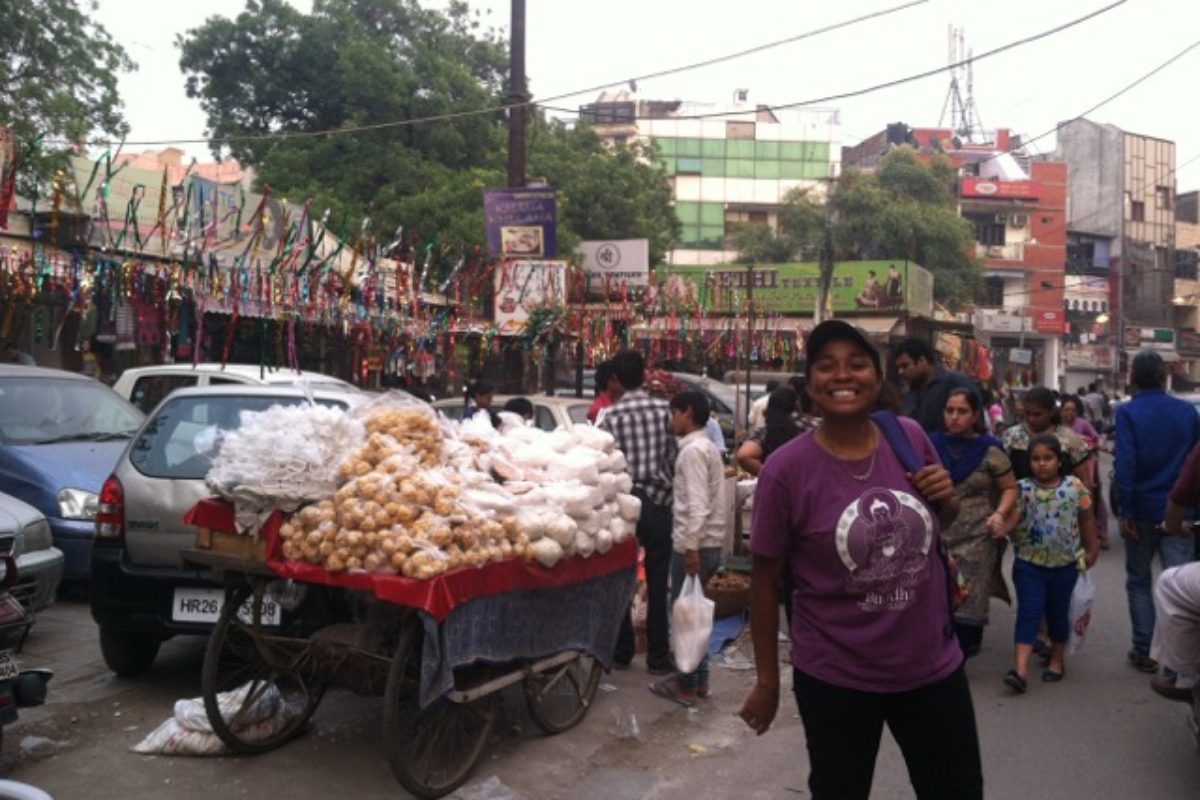

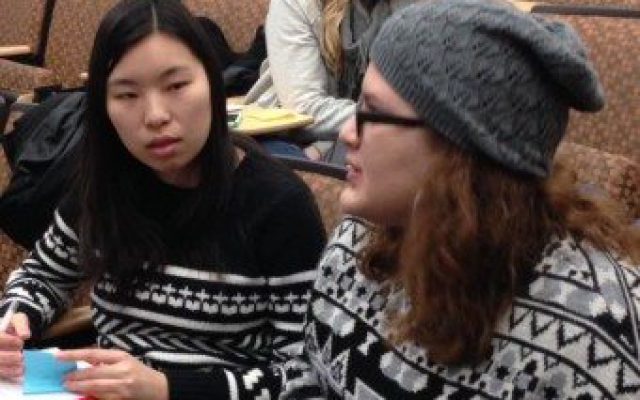
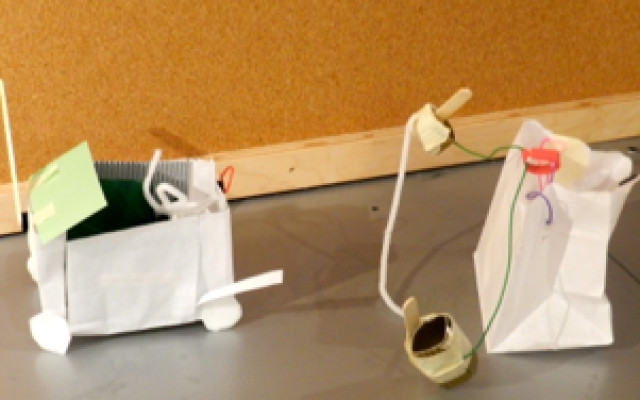
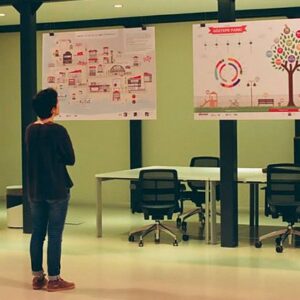





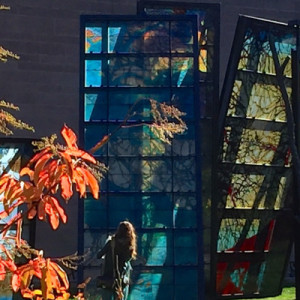
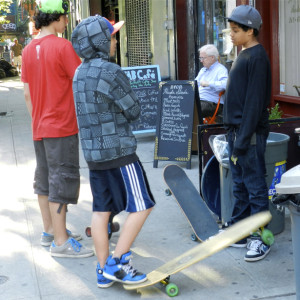
That was a good interview and I got to learn many things which will be useful when I go on my study tour abroad. It also made me more curious about India. I've always heard great things about the country but never thought of visiting once. I guess studying their will be a life changing experience.